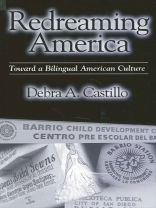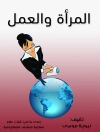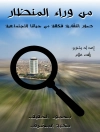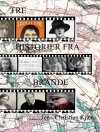Pursues an inquiry into the cultural and linguistic dissonances that Spanish creates in the United States.
What would American literature look like in languages other than English, and what would Latin American literature look like if we understood the United States to be a Latin American country and took seriously the work by U.S. Latinos/as in Spanish? Debra A. Castillo explores these questions by highlighting the contributions of Latinos/as writing in Spanish and Spanglish. Beginning with the anonymously published 1826 novel Jicoténcal and ending with fiction published at the turn of the twenty-first century, the book details both the characters’ and authors’ struggles with how to define an American self. Writers from Cuba, Puerto Rico, and Mexico are featured prominently, alongside a sampling of those writers from other Latin American heritages (Peru, Colombia, Chile). Castillo concludes by offering some thoughts on U.S. curricular practice.
Зміст
1. Introduction: El Boom Latino
2. Origins: Bird and Jicotencal
3. Crossing: Vega, Gonzalez Viana, Fuentes, Oropeza
4. Arrival: Dorfman, Salazar, Sainz, Rivera-Valdes
5. Language Games: Hinojosa-Smith, Prida, Braschi
6. Conclusion: Hemispheric American Studies
Notes
Works Cited
Index
Про автора
Debra A. Castillo is Stephen H. Weiss Presidential Fellow and Professor of Romance Studies and of Comparative Literature at Cornell University and the coauthor (with María-Socorro Tabuenca Córdoba) of Border Women: Writing from La Frontera.












